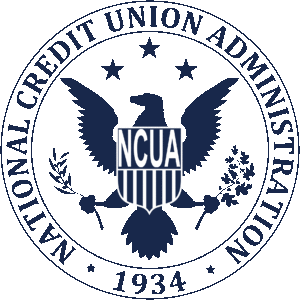NCUA Releases Annual Cybersecurity and Credit Union System Resilience Report
 Report Describes Measures Taken to Strengthen Cybersecurity
Report Describes Measures Taken to Strengthen Cybersecurity
The National Credit Union Administration released today its annual Cybersecurity and Credit Union System Resilience Report. The report(Opens new window) summarizes the current cybersecurity threat landscape, highlights the agency’s key cybersecurity initiatives, and outlines the agency’s ongoing efforts to enhance cybersecurity preparedness and resilience within the credit union industry.
“In the face of an ever-evolving cybersecurity threat landscape, the need for ongoing vigilance in the credit union sector cannot be overstated,” NCUA Chairman Todd M. Harper said. “The NCUA is committed to ensuring consistency, transparency, and accountability in its cybersecurity examination program and related activities. Further, over the last several years the NCUA has made major strides in promoting a culture of cybersecurity awareness and resilience among credit unions.”
The Cybersecurity and Credit Union Resilience Report is required by the Consolidated Appropriations Act, 2021 and provides information on:
- NCUA policies and procedures to address cybersecurity risks and activities.
- Cybersecurity resilience within the credit union system.
- Current and emerging threats.
- NCUA’s collaboration with other federal agencies, industry stakeholders, and cybersecurity experts.
For 2024, the NCUA remains committed to fortifying cybersecurity resilience through targeted examinations, comprehensive risk assessments, and educational outreach initiatives. Further, the NCUA will continue to request that Congress provide the ability for the NCUA to supervise and examine third-party service providers. Said Chairman Harper, “This sensible statutory change would significantly improve supervisory oversight and bolster our ability to mitigate cybersecurity risks, ultimately enhancing the credit union system’s overall security posture and the protection of critical infrastructure in the United States more broadly.”